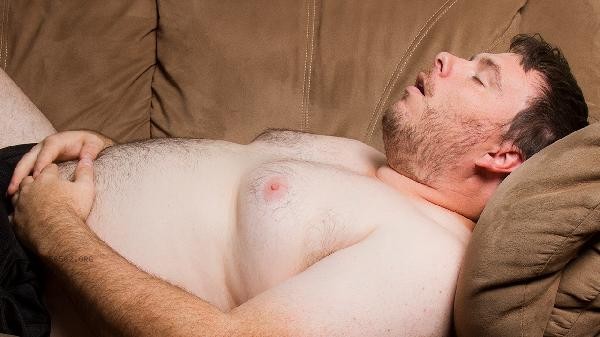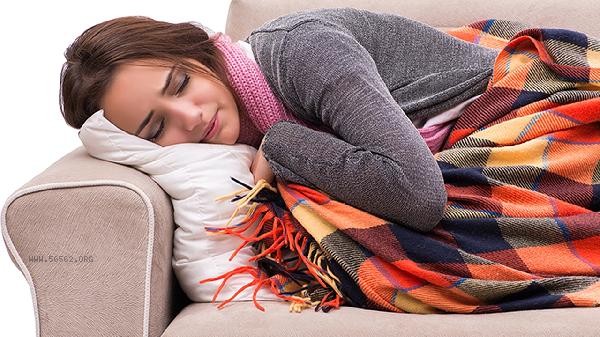It is usually okay to have breakfast before going to bed after working the night shift, but it is important to pay attention to dietary choices and schedule adjustments. Moderate eating can help replenish energy, but high-fat and high sugar foods may affect sleep quality. It is recommended to choose easily digestible, low-fat, and low sugar foods, and to control food intake.

After night shift work, the human body's biological clock is easily disrupted, and at this time, eating should be mainly light. Oat Congee, whole wheat bread, boiled eggs and other foods are rich in complex carbohydrates and high-quality protein, which can slowly release energy and not easily cause blood sugar fluctuations. Bananas, yogurt, and other foods containing tryptophan can help promote the secretion of sleep hormones. Avoid fried foods, spicy and stimulating foods, and drinks containing caffeine, as these foods may increase gastrointestinal burden or cause difficulty falling asleep. It is recommended to wait half an hour before falling asleep after eating to prevent gastroesophageal reflux. Keep the bedroom environment dark and quiet, use blackout curtains to assist sleep. Some people may have abnormal gastric acid secretion or weak digestive function, and it is more appropriate for them to sleep on an empty stomach. Long term night shift workers are prone to metabolic syndrome. If there is a significant feeling of fullness or acid reflux before bedtime, they can switch to eating after waking up. During night work, it is necessary to regularly replenish water and healthy snacks to avoid overeating after work. Those with basic diseases such as diabetes need to adjust their eating time according to their blood sugar.

Night shift workers are advised to establish a fixed daily routine and avoid using electronic devices two hours before bedtime. Daily supplementation of vitamin B and vitamin D, regular monitoring of blood pressure and blood glucose indicators. If there is long-term insomnia or digestive problems, timely medical evaluation should be sought. Wear eye masks and earplugs during daytime sleep, maintain a suitable room temperature, and use sleep aids under the guidance of a doctor if necessary. Pay attention to maintaining moderate exercise every week, but avoid vigorous activities before bedtime.









Comments (0)
Leave a Comment
No comments yet
Be the first to share your thoughts!